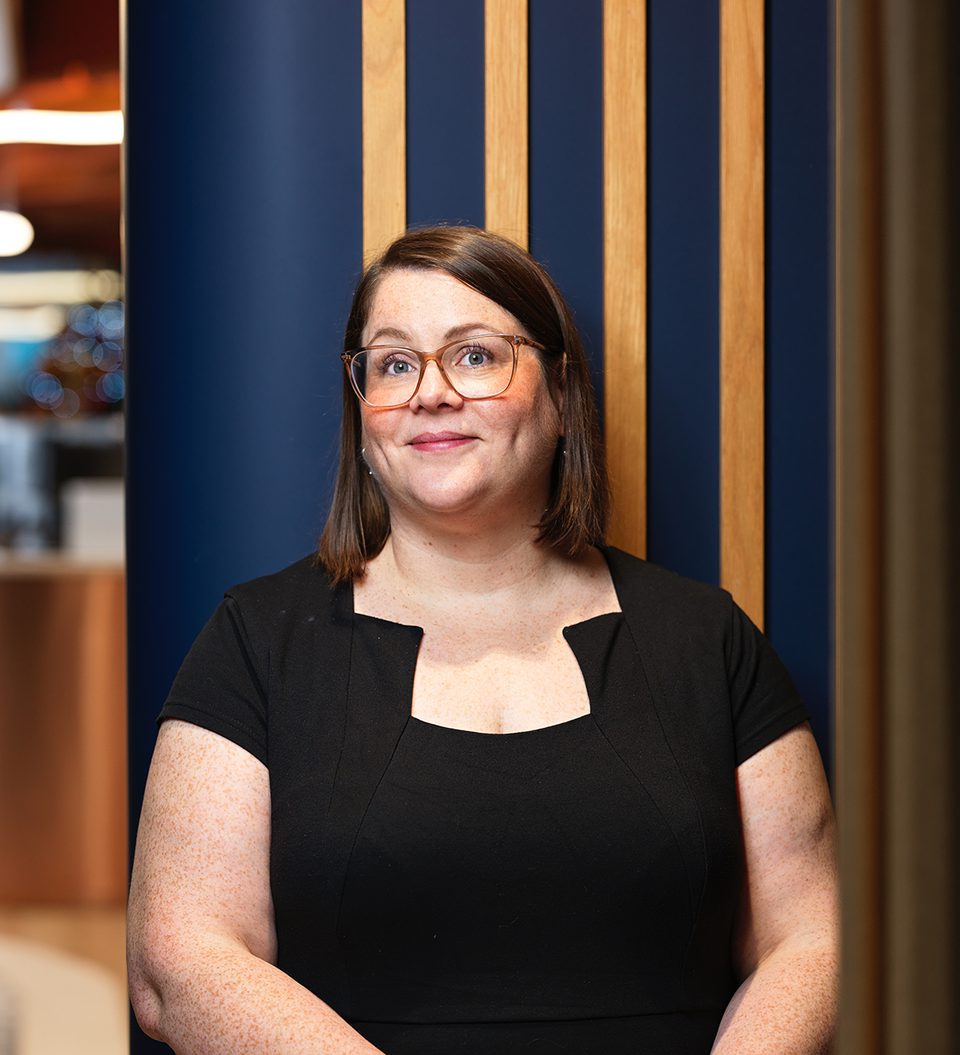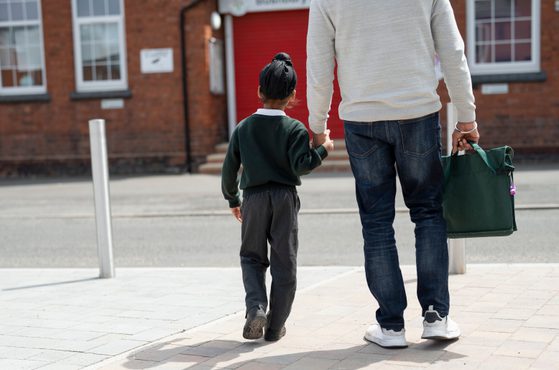Bad behaviour & divorce — does an affair affect the financial settlement?

We explore how adultery and other forms of misconduct fit into the current divorce framework and when behaviour affects the financial settlement.
Read more
We make the difference. Talk to us: 0333 004 4488 | hello@brabners.com
AuthorsHannah Saxe
4 min read

Every year, Resolution’s Good Divorce Week shines a spotlight on how families can separate constructively. It’s a campaign that champions amicable divorce — focusing on reducing conflict and prioritising the wellbeing of everyone involved.
For anyone navigating the end of a marriage, civil partnership or unmarried relationship, Good Divorce Week is a timely reminder that it’s possible to part ways respectfully, with dignity and with minimal upheaval — especially for children.
Here, Hannah Saxe explores how emotional support and legal guidance work together to reduce conflict and uncertainty.
Navigating relationship breakdown is rarely easy but an amicable approach can make a world of difference. Emotionally, it reduces stress, anxiety and the long-term impact on all involved. Practically, it can be quicker, less costly and avoids the uncertainty of drawn-out court battles.
A recent parliamentary report has revealed that the average duration of private cases in the family court has increased from 26 weeks in 2018 to 41 weeks last year. When couples work together, they’re more likely to reach solutions that suit their unique circumstances rather than having decisions imposed by a judge.
One of the most powerful things you can do to navigate relationship breakdown is to build a ‘tribe’ — a personal and professional support network. Think of this as your tailor-made team for overcoming the emotional, legal and practical challenges you might face when your relationship ends.
Your tribe might include:
Not everyone has a ready-made network. If you’re feeling isolated, reaching out to a specialist coach or counsellor is a great first step. For those facing specific challenges — such as domestic abuse or complex financial arrangements — specialist advice is essential.
At the heart of any amicable separation is clear, respectful communication. This doesn’t mean that you and your ex-partner have to agree on everything but it does mean approaching discussions with empathy and openness. For parents, the golden rule is to always put your children’s welfare and best interests first. Shield them from adult conflict, involve them appropriately in decisions and reassure them that both parents will continue to love and support them.
Going to court is not the only — or even the best — way to resolve family law issues. Non-court dispute resolution (NCDR) offers a range of flexible options from mediation (where a neutral third-party helps you to reach agreement) to arbitration (where an expert makes a binding decision).
There are different mediation formats including shuttle mediation for those who prefer not to be in the same room and child-inclusive mediation which gives children a voice in the process. These approaches are quicker, less adversarial and often more cost-effective.
Even if court proceedings are underway, it’s never too late to reach an agreement or to try NCDR. Solicitors can help tailor solutions to your family’s specific needs, making the process as smooth as possible.
Our experienced family law solicitors are proud members of Resolution and fully support its ‘Year of the Code’ initiative which champions constructive negotiation, integrity and putting families first.
Prioritising communication, exploring your options and — most importantly — looking after yourself can make all the difference. A better way forward is possible for every family and we can help you to find it.
We offer the full range of dispute resolution options — including arbitration, collaborative law, mediation support and litigation — so you can choose the approach that best suits your circumstances.
Talk to us by giving us a call on 0333 004 4488, sending us an email at hello@brabners.com or completing our contact form below.

Loading form...

We explore how adultery and other forms of misconduct fit into the current divorce framework and when behaviour affects the financial settlement.
Read more

We explore how the courts approach trusts on divorce and outline the key considerations for dealing with them after separation.
Read more

We explore how decisions around schools are made, the processes available to help parents to reach agreement and the court’s approach when they can't.
Read more